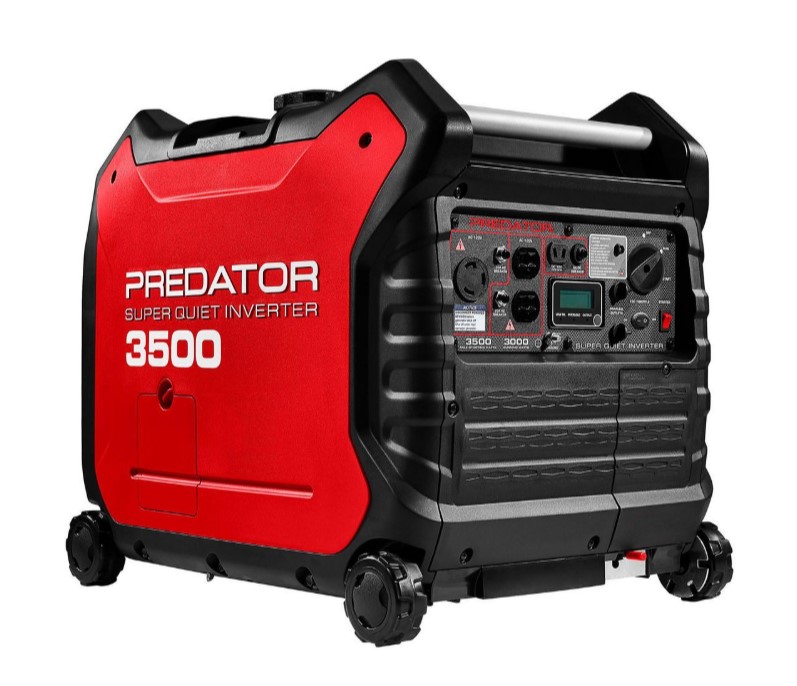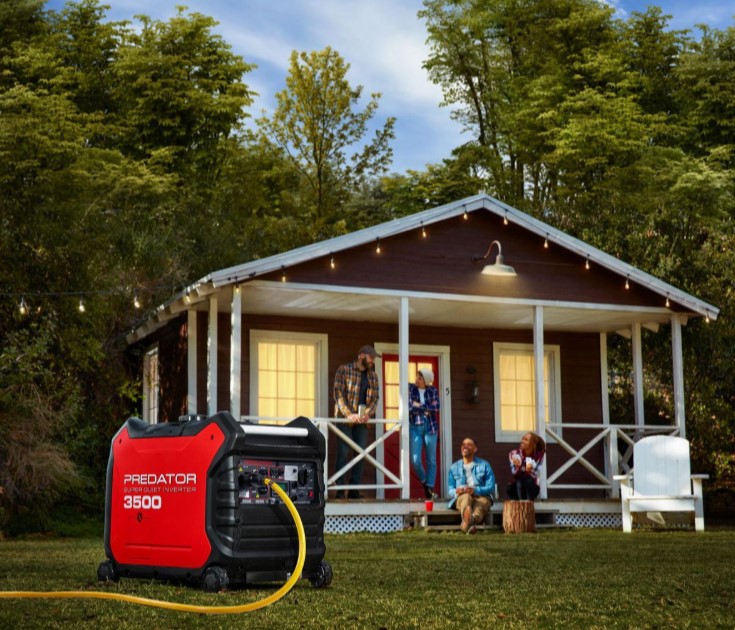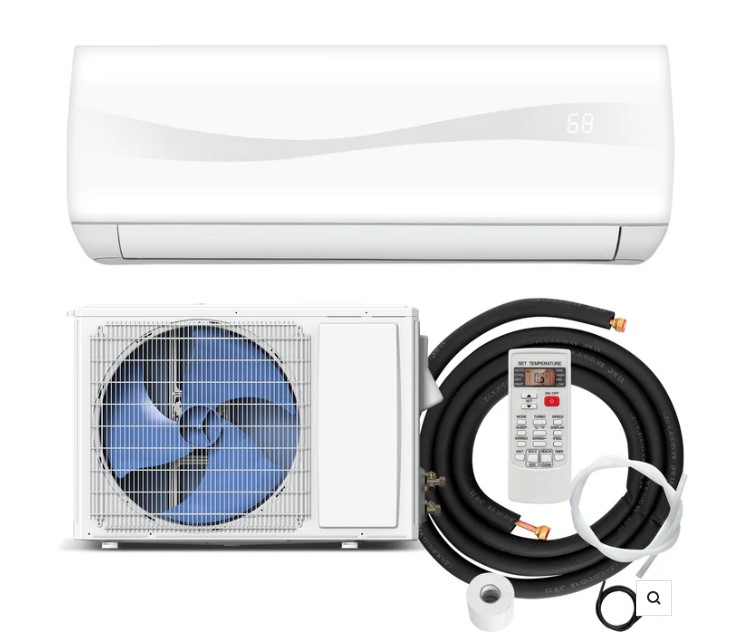Power Generator
What is a Power Generator?
A power generator is a device that converts mechanical energy into electrical energy. It typically runs on fuel sources like gasoline, diesel, propane, or natural gas. Some modern generators also use renewable energy sources like solar or wind. Generators are used as backup power sources during outages or as primary power sources in remote locations.

What is it Good For?
Power generators have several key uses:
- Backup Power: Provides electricity during blackouts for homes, businesses, and hospitals.
- Remote Locations: Powers off-grid sites like construction areas, RVs, and rural homes.
- Events & Outdoor Activities: Used for outdoor concerts, camping, and food trucks.
- Industrial Use: Supports manufacturing plants, data centers, and emergency services.
- Disaster Response: Essential during natural disasters to keep critical infrastructure running.
Downsides of Generators
Generators can have some drawbacks:
- Noise Pollution: Many fuel-based generators are loud.
- Emissions: Gas and diesel generators release carbon monoxide and other pollutants.
- Fuel Costs: Running a generator can be expensive, depending on fuel prices.
- Maintenance Needs: Requires regular oil changes, fuel refills, and part replacements.
- Safety Risks: Can cause fire hazards or carbon monoxide poisoning if used improperly.
How to Choose the Right Generator
To pick the best generator for your needs, consider these factors:
- Power Requirements:
- Add up the wattage of all appliances you need to run.
- Consider starting wattage vs. running wattage (some devices need extra power to start).
- Fuel Type:
- Gasoline: Easy to find but short shelf life and high emissions.
- Diesel: More fuel-efficient but louder and pricier.
- Propane/Natural Gas: Cleaner burning, but lower power output.
- Solar: Silent and eco-friendly but requires sunlight and battery storage.
- Portability:
- Portable Generators: Good for camping, RVs, and small homes.
- Standby Generators: Permanent installations for whole-house backup.
- Noise Level:
- Inverter generators are quieter but often more expensive.
- Check decibel (dB) ratings if noise is a concern.
- Budget & Brand:
- Reliable brands include Honda, Generac, Champion, and Yamaha.
- Balance cost with features like fuel efficiency, durability, and ease of use.
- Safety Features:
- Look for automatic shut-off and carbon monoxide detectors for added safety.


